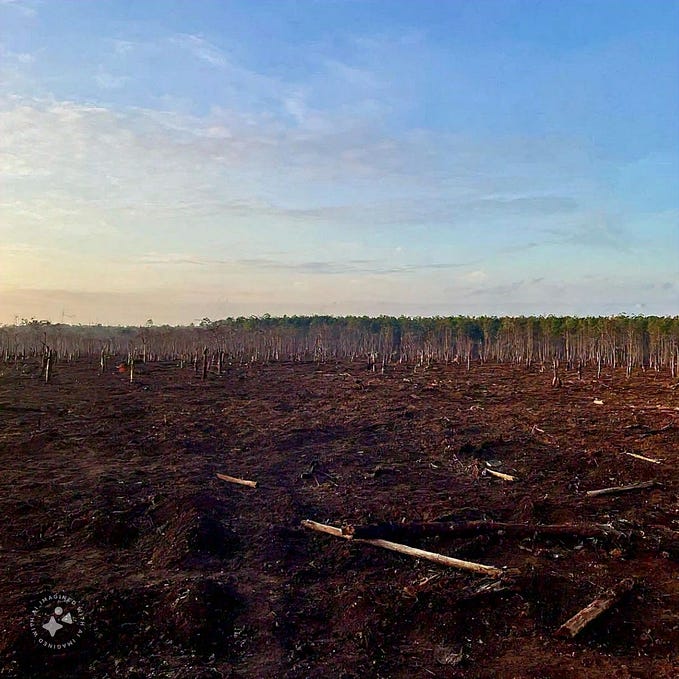Member-only story

In a world increasingly aware of its environmental footprint, sustainable technology emerges as a beacon of hope. It’s about shaping a future that respects our planet while still embracing the advancements of the modern age. But what exactly is sustainable technology, and why is it so crucial for our future? Let’s dive in and explore.
The Essence of Sustainable Technology
Sustainable technology is an umbrella term for innovations that promote environmental sustainability. It goes beyond mere efficiency and effectiveness; it seeks harmony with our natural world. This technology is grounded in principles that prioritize the planet’s health, ensuring that technological advancement doesn’t come at the environment’s expense. It’s a marriage of progress and conservation, a balance between advancing our capabilities and protecting our world for future generations.
Benefits of Embracing Sustainable Technologies
The adoption of sustainable technologies comes with a plethora of benefits. Environmentally, it means reduced emissions, less waste, and a significant decrease in the depletion of natural resources. Economically, it translates into long-term cost savings, as sustainable technologies often focus on efficiency and renewable resources. Socially, it promotes a healthier planet, leading to better overall public health and stronger communities.
Real-world Examples of Sustainable Technology in Action
Renewable Energy Sources
The shift towards renewable energy sources like solar, wind, and hydroelectric power is a quintessential example of sustainable technology. These sources provide clean energy, reduce our dependence on fossil fuels, and lower greenhouse gas emissions.
Green Building Practices
Sustainable architecture and green building practices demonstrate how construction can minimize environmental impact. These buildings are designed for energy efficiency, utilize sustainable materials, and often incorporate systems for rainwater harvesting and waste reduction.









